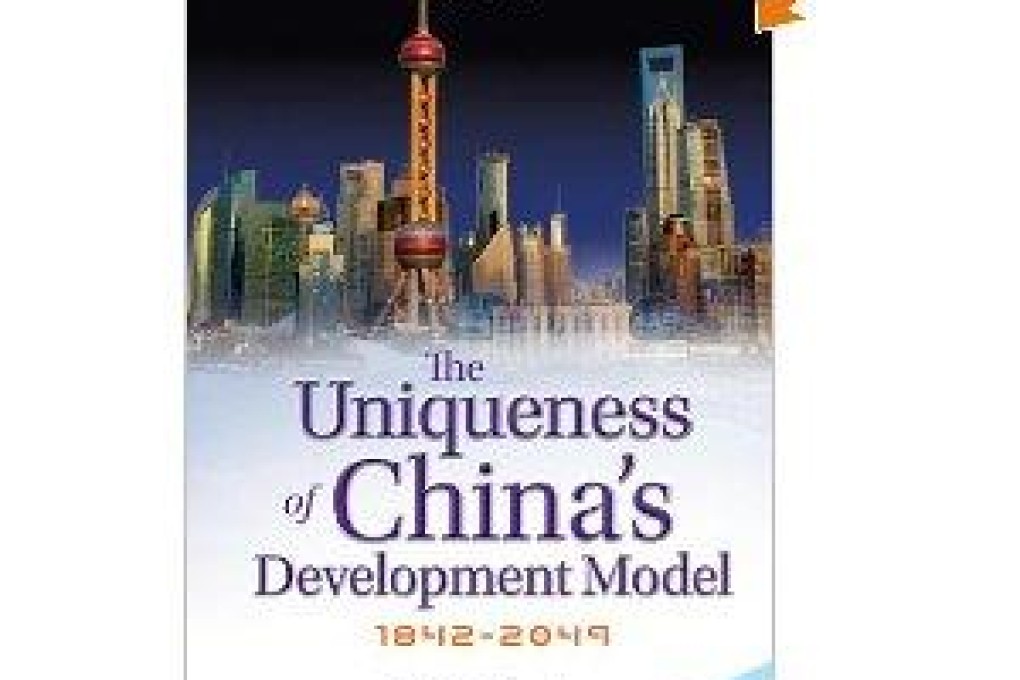Advertisement
Book: The Uniqueness of China's Development Model by Yip Kwok-wah
In his youth, Yip Kwok-wah was a prominent pro-communist leader in Hong Kong, yet by the time he took up his post as special advisor to the chief executive of the HKSAR from 1997 to 2012, he had apparently eased up on his "redness". But in his new book, patriotism prevents him from discussing the Chinese development model from an unbiased perspective.
Reading Time:2 minutes
Why you can trust SCMP

by Yip Kwok-wah
Advertisement
World Scientific
Joanna Chiu
Advertisement
In his youth, Yip Kwok-wah was a prominent pro-communist leader in Hong Kong, yet by the time he took up his post as special advisor to the chief executive of the HKSAR from 1997 to 2012, he had apparently eased up on his "redness". But in his new book, patriotism prevents him from discussing the Chinese development model from an unbiased perspective.
Advertisement
Select Voice
Choose your listening speed
Get through articles 2x faster
1.25x
250 WPM
Slow
Average
Fast
1.25x